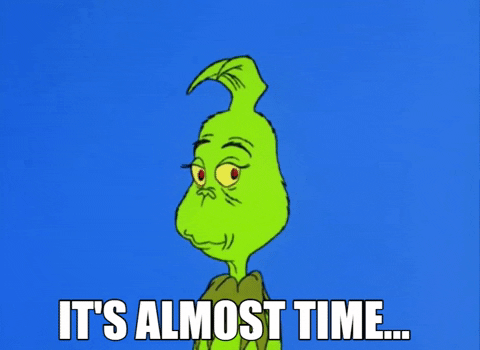We are now in the midst of the holiday season which means many different things. Many people are buying gifts for loved ones, decorating their homes with various trinkets, and also gearing up to spend time with family and loved ones. There are usually gatherings that involve food, whic…
Keep reading with a 7-day free trial
Subscribe to The Nutrition Tea Substack to keep reading this post and get 7 days of free access to the full post archives.





